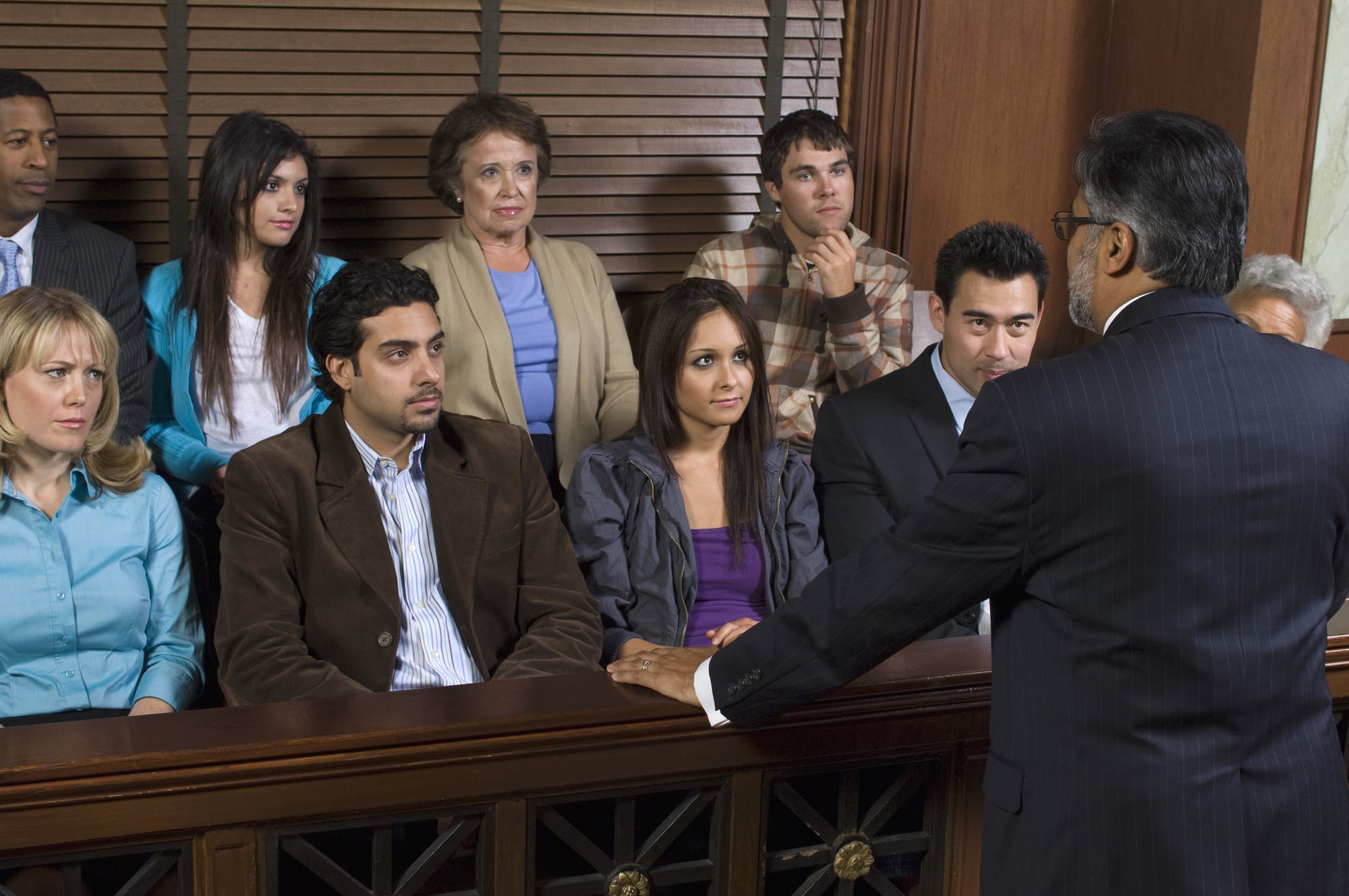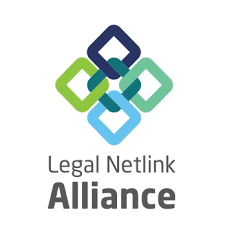The right to a jury trial is one of the defining features of the United States’ legal system. However, many people don’t realize that jury trials are not just guaranteed for criminal proceedings.
Under the Seventh Amendment, any civil case where the “value in controversy” is greater than $20 can be heard before a jury. In Florida, anyone pursuing a civil lawsuit can request a jury trial within ten days of beginning the action.
However, there are some important differences between criminal and civil jury trials. Below, we discuss how these trials work step by step.
What Is a Civil Jury Trial?
A civil jury trial is a legal proceeding in which a group of randomly selected citizens decides on a matter of civil law under the supervision of a judge. It is possible to request a jury trial for issues like contract violations, employment law claims, and intellectual property disputes.
The jury’s role is to hear the evidence, understand both sides’ arguments, and decide whether either party has violated the law. These trials ensure that the case is heard by a group of average citizens rather than a single judge, which can reduce bias. However, it can also make resolving more complex issues difficult, as jurors must be educated on the law and matters before making an informed judgment. Before proceeding, talk to your attorney about what type of trial is the best option for your case.
Civil Jury Trials Step by Step
Selecting Jurors
Once one party involved in a lawsuit has stated that they want a jury trial, it is necessary to select jurors. They are chosen from a pool of people randomly selected from the general population to appear for jury duty. In Florida, civil cases require six jurors to proceed.
Because a completely random selection of jurors could be biased, the selection of jurors occurs through voir dire. This allows both sides to exclude potential jurors who could be biased against them. Additionally, both sides have the right to make a limited number of “peremptory challenges,” excluding jurors for no reason. Peremptory challenges cannot be based on race or gender but may be based on almost any other characteristic.
Opening Statements and Plaintiff’s Presentation
Once jurors are chosen, the plaintiff and the defendant will summarize their interpretation of the case and the conclusion they want the jurors to reach. This is a brief overview of the case to give the overall context and ensure the jurors understand the matter they will be deciding.
Examination of Witnesses and Response of the Defense
Next, the plaintiff’s attorney will begin presenting their case. In civil trials, the plaintiff bears the burden of proof. This is the opportunity to convince the jurors that the preponderance of the evidence is in the plaintiff’s favor. The attorney will present evidence, have witnesses testify, and examine their testimony. Defense attorneys may also cross-examine witnesses if they choose.
After the plaintiff’s attorney rests their case, the defense will respond with its own evidence and witnesses. The goal of both the initial presentation and the defense response is to convince the jurors one party is in the right.
Closing Arguments
After the defense closes its case, both sides will make their closing arguments summarizing everything the jurors were shown. They will usually highlight important points in their favor and highlight any flaws in their opponent’s arguments.
Deliberation
After the case is closed, the jurors will deliberate to decide the matter. They may determine liability and issue damages, but the judge can alter the total damages and make other adjustments before entering the final order.
It is important to note that, unlike in criminal cases, a civil jury does not need to make a unanimous decision. In Florida, only four jurors need to agree. If the group is evenly split, it is considered a mistrial by “hung jury,” and the case is usually retried with a new set of jurors.
Prepare for Your Civil Jury Trial in Florida
If you have a dispute heading toward civil court, you may want to request a jury trial. Before making any decisions, you should speak to an experienced attorney like the team at EPGD Business Law. Our skilled lawyers can help you determine if a jury trial is the best path forward for your case and guide you through the legal process step by step. Learn more about how we can help by scheduling your consultation today.








One Response
Case#22-3284
Civil rights case against DCF for;
1983 act
Wire tapping act
False allegations
Torts
Damage to business reputation